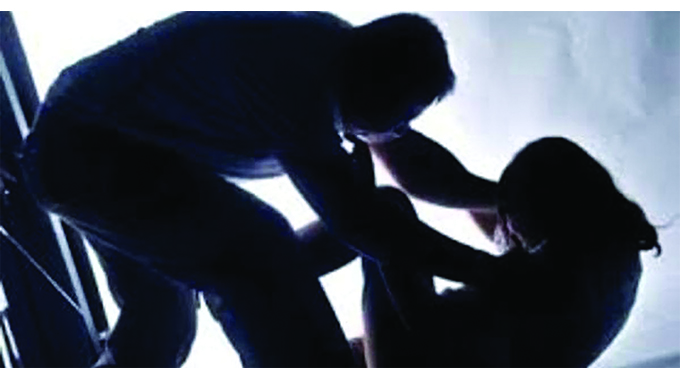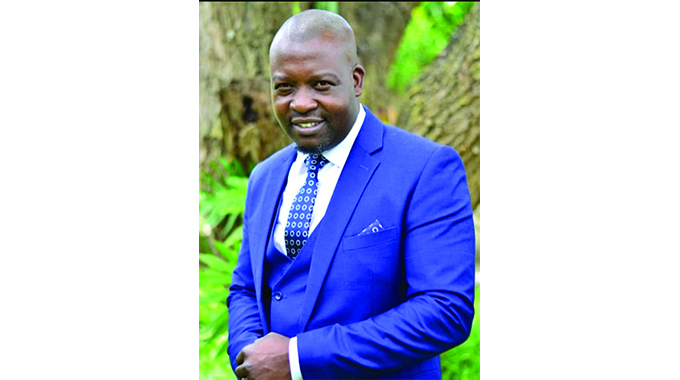20 percent of sexual offences witnesses develop cold feet

Thandeka Moyo-Ndlovu – [email protected]
ABOUT 700 sexual offences were received at the Bulawayo Magistrates Courts with a report from the Judicial Service Commission (JSC) showing that 20 percent of these were withdrawn before trial due to lack of evidence as witnesses developed cold feet or disappeared before testifying.
In 2020, the JSC received a total of 107 cases and 142 in 2021 with the figure going up by 137 percent to 337 in 2022. From the beginning of 2023 to May 18, a total of 110 cases have been recorded.
So far, 281 of the accused persons have been convicted of rape, 116 acquitted and 135 of the cases have been withdrawn before the courts for lack of evidence.

THE Zimbabwe Gender Commission (ZGC)
Musasa Project, a women’s organisation, has since 2022 been advocating for a mandatory sentence of between 30 and 60 years for rape perpetrators as a means of curbing the scourge in Zimbabwe.
Statistics from the Zimbabwe Gender Commission show that 22 women are raped daily, one in every 75 minutes.
On average, 646 women are sexually abused monthly, with one in three girls raped or sexually assaulted before they reach the age of 18 in Zimbabwe.
JSC spokesperson Mr Daniel Nemukuyu said 62 warrants of arrest had been issued following the reportage of rape cases and about 102 are pending.

JSC spokesperson Mr Daniel Nemukuyu
“The total number of cases that went to trial from 2020 to the current as of May 18, 2023 stands at 397. Cases whose charges were dropped due to lack of evidence or unavailability of witnesses is 135.
About 62 warrants of arrest were issued during the same period under review. Of the total number of sexual cases received from 2020 to current, 102 are pending,” said Mr Nemukuyu.
“A trend is developing where in certain instances survivors of sexual abuse become reluctant to give evidence, some do not turn up forcing the state to end up withdrawing cases before plea. The delay in trying accused persons facing sexual offences is a cause for concern as most witnesses relocate from their places of abode seeking to eke a living thus cases end up being withdrawn for non-availability of witnesses.”
Mr Nemukuyu said it was worrying that despite cases being reported; some could not be completed as victims were not available to testify against perpetrators.
“In Bulawayo, a trend is also emerging where witnesses, particularly children with a single parent, are threatened by relatives of accused persons.”
Contacted for comment, local activist Ms Lindile Ndebele said the alarming rate at which sexual offences are occurring could be attributed to challenges being faced by members of the public.
She said perpetrators are likely to take advantage of economic struggles and buy silence of their victims through their relatives which then affects access to justice.

“I think we need to look at it from a broad spectrum so for example, if a girl is raped and they’re given money by the perpetrator, they will obviously withdraw if they’re in a financial fix. The other issue is patriarchy; it’s here to stay but we need to fight hard as it could be men (fathers, uncles, husbands, brothers) influencing the withdrawal of cases,” said Ms Ndebele.
“I think even religion also plays a role; here are other sects that have more rape cases compared to others. So in addressing this, we need to empower our communities even economically so that no one is led into withdrawing a case because they need money or other resources that the perpetrator is willing to provide.”

UNFPA
Early sexual engagement also increases the risk of girls, who are a majority of rape victims, suffering from cervical cancer which is the leading cancer in Zimbabwe and one of the killer diseases among women
Reports also show that when a girl falls pregnant, they drop out of school and eventually give up on their studies.
According to the United Nations Population Fund (UNFPA), early sexual debut and sexual abuse of female adolescents increase the girls’ risk of unintended pregnancies, sexually transmitted infections including HIV and psycho-social challenges in their lives.








Comments